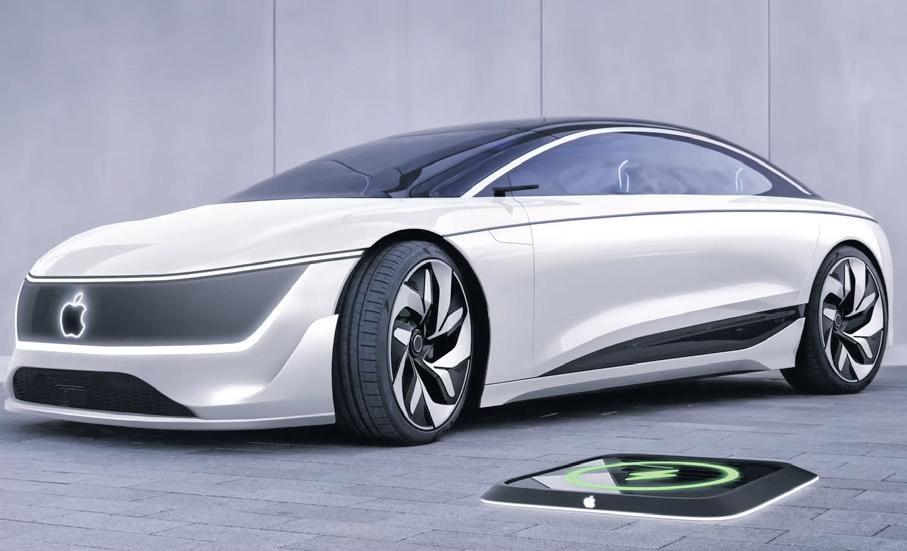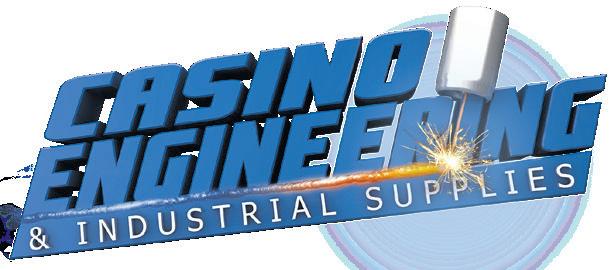
1 minute read
Apple scraps plans to build an EV
slated to be “wound down.”
Reportedly, nearly 2000 employees engaged in the project were informed of the decision earlier this week. The executives explained that the project would commence winding down, with many employees transitioning to Apple’s artifcial intelligence division, overseen by Executive John Giannandrea, a pivotal focus area for the company. While several hundred hardware engineers and car designers were part of the Apple car team, opportunities for redeployment within the company may exist, although layoffs are anticipated. Apple, based in California, declined to comment on the report.
Initiated in 2014, Apple’s venture into the electric vehicle realm aimed at creating a self-driving model with voice-guided navigation. However, the project faced ongoing challenges and setbacks, leading to changes in leadership and strategy over the years. The reins were taken over by Mr. Lynch and Mr. Williams from Doug Field, who now holds a senior position at Ford Motor Company. market, offering a viable alternative to established competitors like the Tesla Model Y



This development follows recent reports indicating Apple’s streamlining of the electric car’s design, reducing the self-driving capabilities from Level 4 to Level 2 status. The decision suggested potential delays in the vehicle’s launch, speculated to occur as late as 2028, with fewer features than initially planned.
Known under the codename Project Titan, the Apple EV has been in development since 2014, with no offcial specifcations released. In 2021, the company enlisted former BMW executive Ulrich Kranz to lead the project, signalling its commitment to develop a self-driving car rivalling Tesla. Reports also surfaced about Apple’s negotiations with various battery and component suppliers, with speculation regarding partnerships with companies like Hyundai and LG.
Notably, the development of the Apple iCar has drawn talent from former Tesla engineers, including Doug Field. Bloomberg reports signifcant investments of “hundreds of millions of dollars” into Project Titan, with expectations of the model’s cost exceeding $100,000 USD









